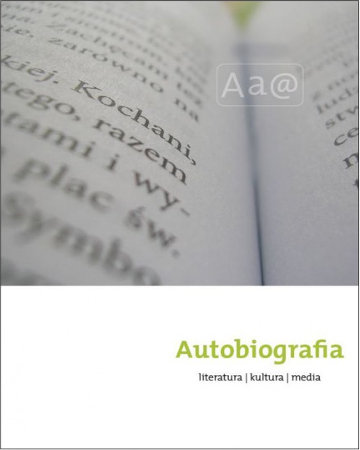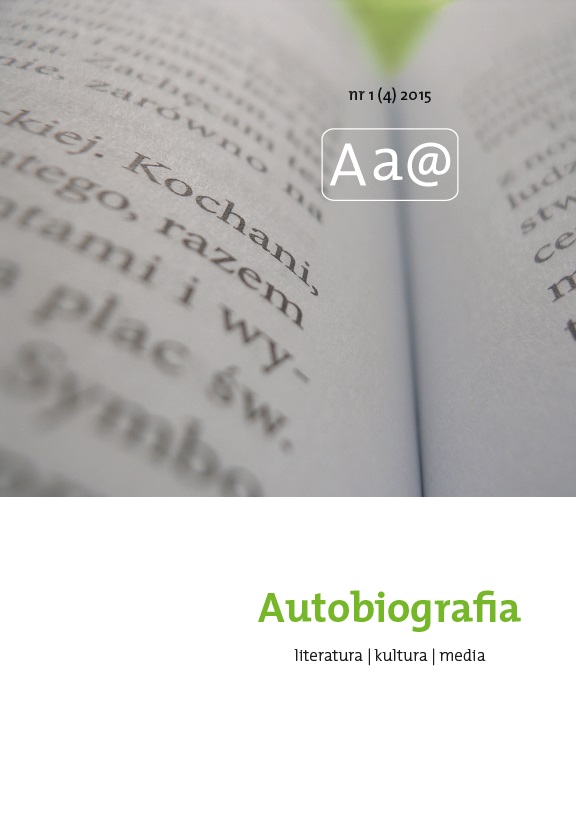
„Niosło ją to, że stała u boku”. O genderowym modelowaniu biografii artystek
The title refers to Mark Beylin’s assessment of the position Niki Saint Phalle took in Paris sixties feminist practices the “art of anger”. The author discusses the biographical book Żony w cieniu mistrzów literatury rosyjskiej by Alexandra Popoff, Ferwor. Życie Aliny Szapocznikow by Marek Beylin and Kobro. Skok w przestrzeń by Margaret Czyński.
More...
